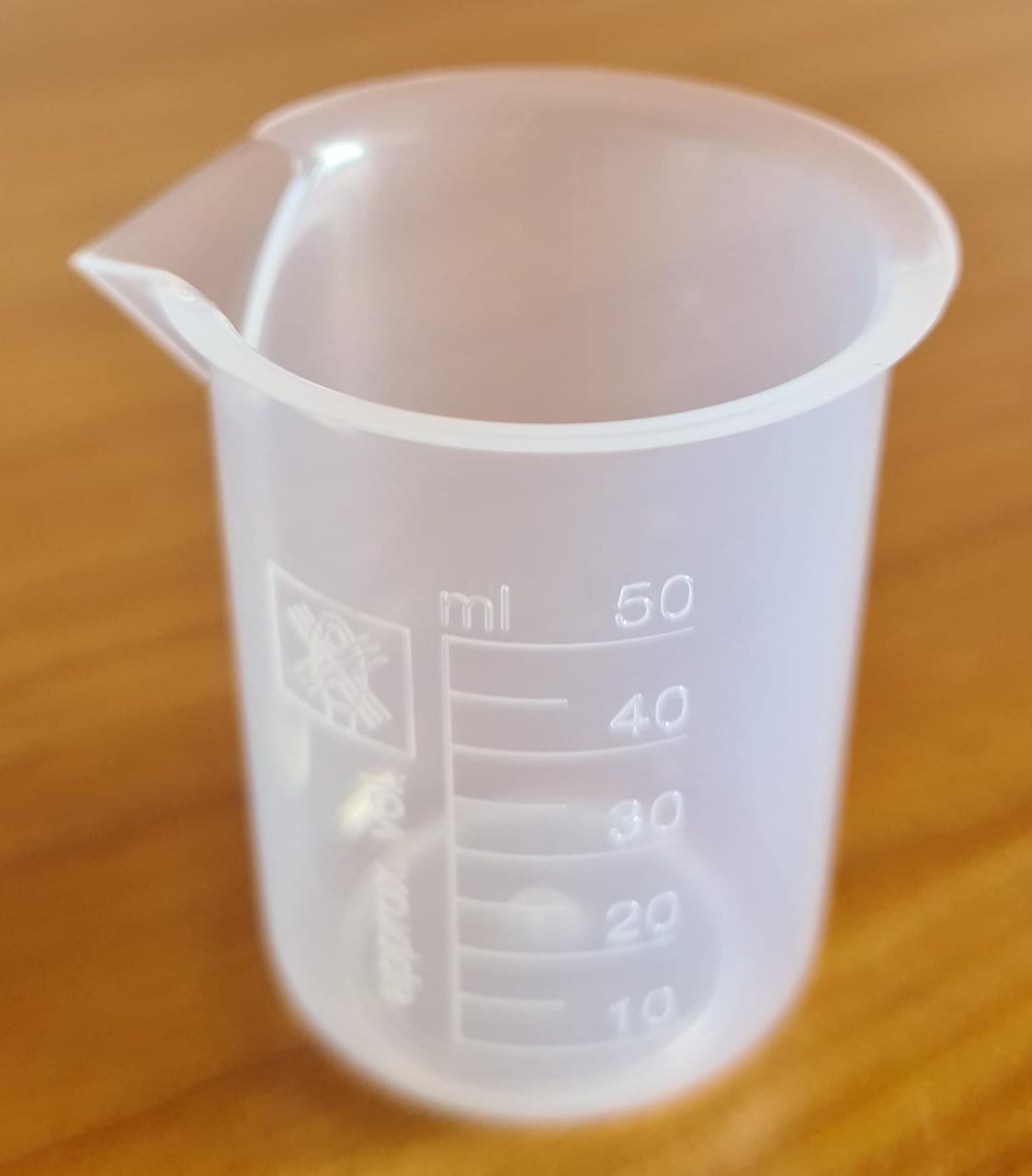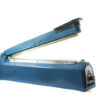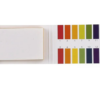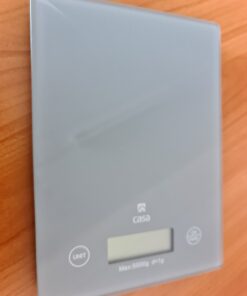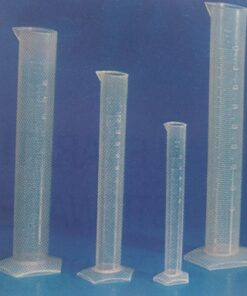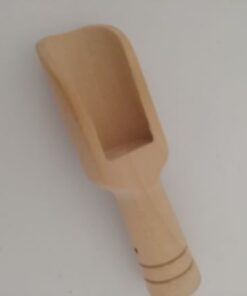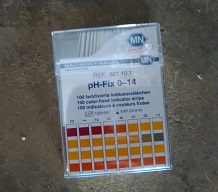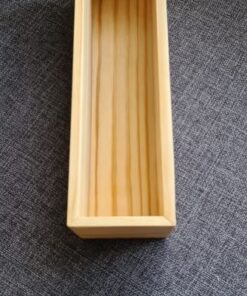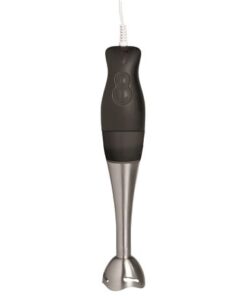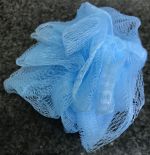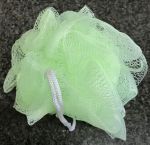-
×
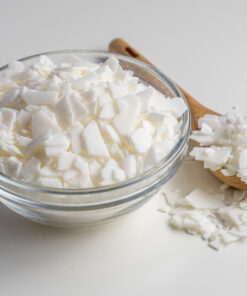 Emulsifying Wax NF (Ginowax) - 500g
1 × R173,00
Emulsifying Wax NF (Ginowax) - 500g
1 × R173,00
Beaker – 50ml
R51,46
A 50ml beaker is a common piece of laboratory equipment used for a wide range of scientific and experimental purposes. Beakers come in various sizes, and the 50ml capacity is suitable for many applications. Here’s an overview of the 50ml beaker and its uses:
4 in stock
50ml Beaker: A Versatile Laboratory Essential
A Beaker – 50ml is a must-have tool for laboratories, offering versatility and reliability for various scientific tasks. Its design and features make it suitable for measuring, mixing, and observing substances with ease.
Key Features
1. Accurate Volume Measurement:
Precisely designed to hold 50 milliliters of liquid, ensuring accurate and consistent volume measurements.
2. Durable Construction:
Crafted from borosilicate glass or laboratory-grade plastic, the beaker is resistant to chemicals, heat, and regular wear, ensuring long-lasting use.
3. Pouring Spout:
Equipped with a convenient spout for controlled and spill-free pouring of liquids.
4. Graduated Markings:
Clear graduated marks on the side allow for easy and approximate volume measurements.
Common Uses of a 50ml Beaker
1. Volume Measurement:
Ideal for accurately holding and measuring 50ml of liquids or other substances.
2. Mixing and Stirring:
Perfect for combining substances manually or with mechanical stirrers.
3. Small-Scale Reactions:
Used for conducting small-scale chemical reactions or experiments.
4. Sample Preparation:
Essential for preparing samples, diluting solutions, or creating test mixtures.
5. Heating:
Heat-resistant beakers can be safely used over burners or heating plates.
6. Observation:
Useful for visually observing chemical reactions or substance changes.
Important Note
While 50ml beakers are highly versatile, they are not intended for precise measurements. For accuracy, consider using graduated cylinders or volumetric flasks.
In summary, the 50ml beaker is a practical and durable tool suited for various laboratory applications. Its user-friendly design and wide range of uses make it indispensable for professionals and students alike.
| Weight | 0,045 kg |
|---|---|
| Dimensions | 6 × 6 × 6 cm |

